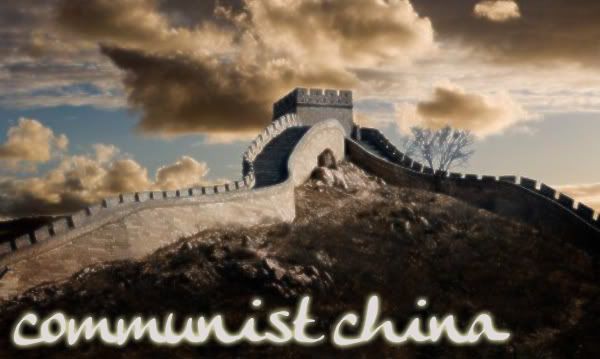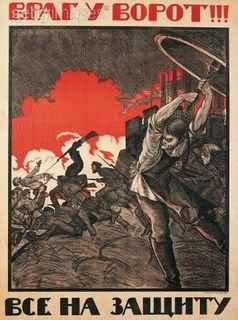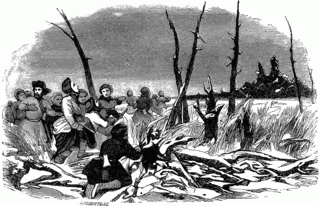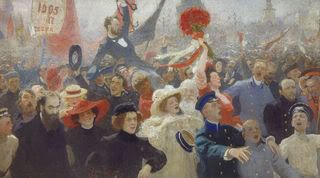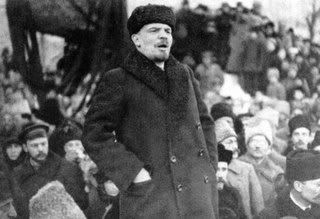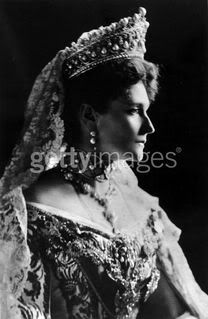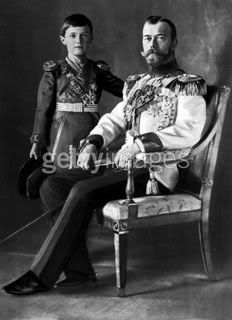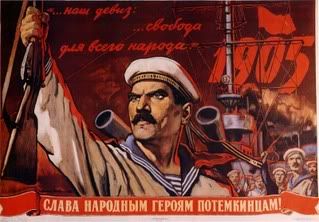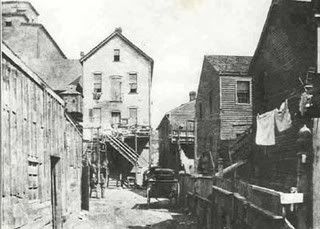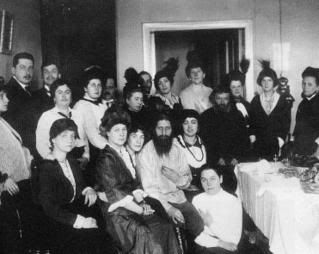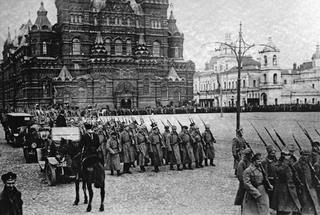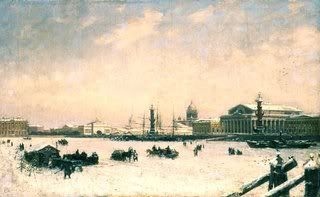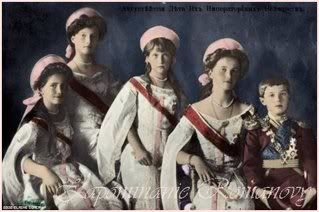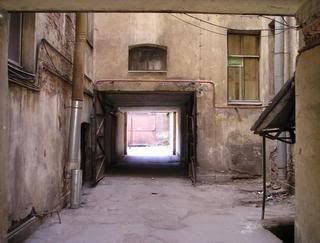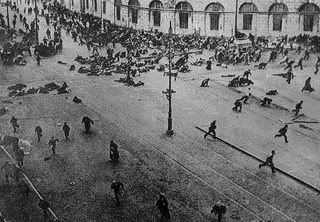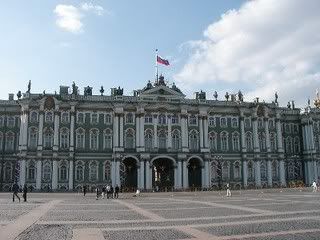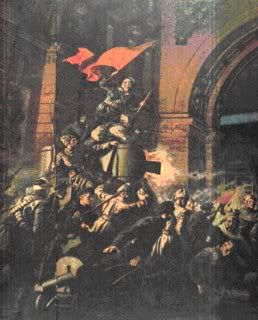There was a great need for modernisation of backward, archaic Russia. The Tsar and the ruling elite were eager for Russia to take centre stage in the world and the only way to do that was by modernising the conutry through industrial means. However, Russia was desperately poor and backward, with little machinery used in farming and a ballooning impoverished population. Nicholas II was not too keen on the idea of modernisation, as it would be difficult to maintain the institutions of autocracy in a modernised Russia. Industrialization would mean the growth of the middle classes that would create pressure for political change for a more accountable and fair government system. Industrialization would also increase literacy and the level of education of the workforce, enabling more people to challenge the government.
There was also no leeway to allow modernisation, as there were no funds and the government needed to invest in industry on a large scale. They needed to buy expensive machinery to equip factories that would manufacture goods, but where would the money come from?
Solutions to Modernisation Problems
1. Foreign loans
The government took huge foreign loans, particularly from France. The intereset payments on these loans, however, had to be made at regular intervals.
2. Squeeze money out of the peasants and urban workers
The tsar increased both the state taxes peasants paid and taxes on everyday items like salt. He used the surplus grain from harvests to sell abroad and pay off the interest on foreign loans.
The urban workers' wages were kept extremely low so that the money availible went into industrial development.
However, things went wrong after this new scheme was implemented for a while. Russia could not sell its products abroad due to an international slump, and the home market was incredibly weak as the peasants had no money to spend on manufactured goods. Thousands of urban workers were fired and strikes and protests broke out. Bad harvests pushed peasants into starvation, and there was massive discontent of the public.
The Russo-Japanese War
In an attempt to divert attention away from the economic depression, the Tsar decided to declare war on the Japanese. He had also been hoping to galvanize the different ethnicities under a single banner. However, Russia lost the war, and the economic and social plight of the peasantry and industrial workers were further worsened. Russia suffered many casualties and the Russians were feeling unhappy over the defeat by the small country of Japan, whom they considered as inferior to might Russia. This led to a growing dissatisfaction with the governement and the pressure to reform the way the country was managed.

Father Gapon
Bloody Sunday
On January 22 1905, Father Gapon (a Russian priest concerned about conditions experienced by the lower classes) gathered at St Petersburg. There, they drew up a humble petition to be presented to the Tsar, making clear the problems and opinions of the workers, calling for improved conditions, fairer wages, shorter working hours and an end to the Russo-Japanese War. Singing patriotic songs and hymns, a large crowd of about 200,00 and Father Gapon marched on toward the Winter Palace.

They were genuinely convinced that their worries would be solved by their beloved Tsar, and marched on to the palace peacefully. There, the soldiers were extremely taken aback by the sheer size of the crowd and panicked, shooting at the crowd and killing many civilians and injuring hundreds more.

Shooting at the crowds
Although the Tsar happened to be away from the palace at the time, he was ultimately blamed for the many deaths and the peoples' respect for their ruler diminished as feelings of bitterness and discontent began to bloom. The Tsar was not very troubled by the happenings of Bloody Sunday, which further cemented the peoples' growing anger. After experiencing the upfront cruelty and blatant ignorance of their problems by their beloved Tsar, the people began to grow rebellious against their king, as the holy, divine image that the Tsar had projected till then had now been shattered by the events of Bloody Sunday.
Father Gapon fled from Russia, and upon his return many months later, he revealed to a close friend that he had secretly been working for the russian secret police all along. Hours later, he was found assassinated and hanged at a hut.

The massacre on Bloody Sunday
